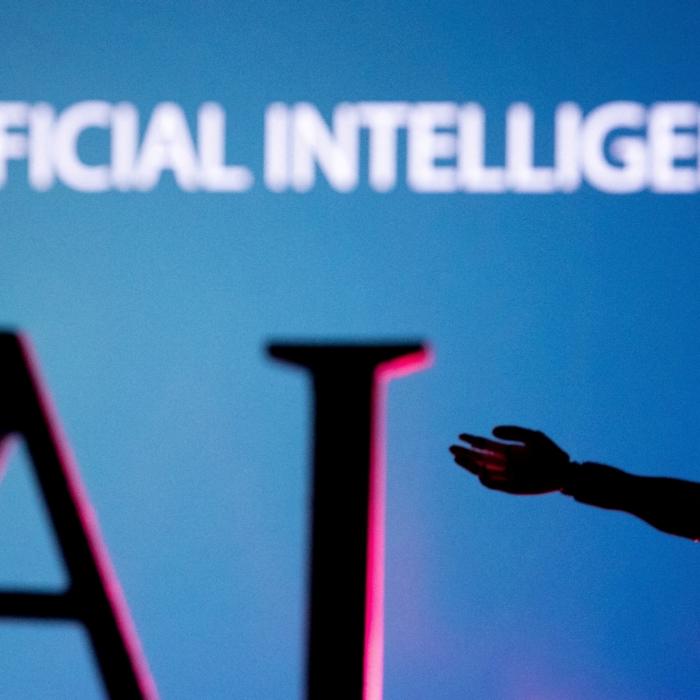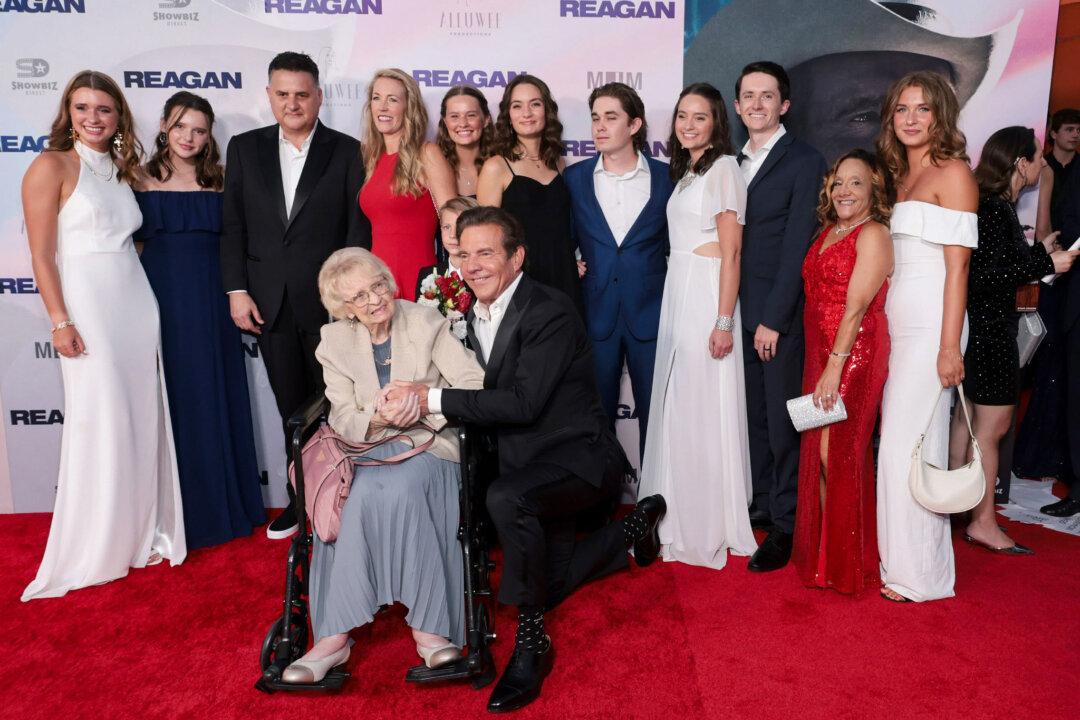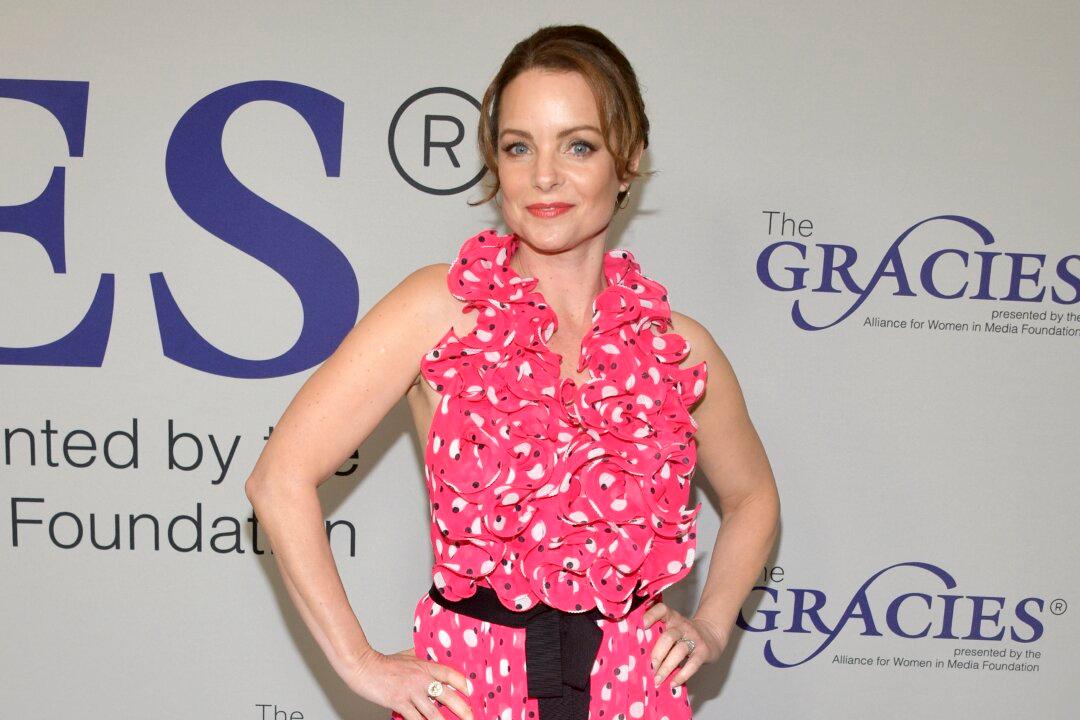The expansion, intended to include 12 additional sound stages, is now “currently and indefinitely on hold,” Mr. Perry revealed. This decision stems from Mr. Perry’s recognition of Sora’s potential to shake up filmmaking practices, envisioning a future where location shoots and elaborate set constructions become obsolete, thereby phasing out much of the creative process.
Reflecting on his discovery of Sora’s capabilities, Mr. Perry noted the wide-reaching ramifications of the technology: “I had gotten word over the last year or so that this was coming, but I had no idea until I saw recently the demonstrations of what it’s able to do. It’s shocking to me.”
Mr. Perry elaborated on the impact of Sora, envisioning a scenario where scenes set in diverse environments, from snowy Colorado to lunar landscapes, can be easily conjured through text prompts. While acknowledging the cost-saving potential, Mr. Perry voiced concerns about the inevitable job displacement it may cause within the industry. “Because as I was looking at it, I immediately started thinking of everyone in the industry who would be affected by this, including actors and grip and electric and transportation and sound and editors, and looking at this, I’m thinking this will touch every corner of our industry,” Mr. Perry said.
Mr. Perry’s decision reflects the broader industry sentiment of grappling with the disruptive force of AI technologies. He emphasized the collective effort within the industry to adapt and implement safeguards to mitigate the potential impact on livelihoods, stating, “I feel like everybody in the industry is running a hundred miles an hour to try and catch up, to try and put in guardrails and to try and put in safety belts to keep livelihoods afloat.” Mr. Perry continued: “I think that this is a time for galvanizing one voice in motion to help save, protect the individuals of our industry. ... And I think the only way to move forward in this is to galvanize it as one voice, not only in Hollywood and in this industry, but also in Congress.”
OpenAI’s Sora unveiled on Feb. 15, marks the technology company’s significant foray into Hollywood under the leadership of Sam Altman. The system showcases the ability to produce high-quality videos featuring complex scenes with multiple characters and various shots, demonstrating mostly accurate details of subjects against their backgrounds. Demonstrations of Sora included generating short videos within minutes in response to concise text prompts, such as a movie trailer featuring an astronaut navigating a desert planet and an animated scene depicting a cat-like creature beside a melting red candle.
AI researcher Gary Marcus notes that while Sora shows promise for quick prototypes, it still exhibits some peculiarities like random appearance and disappearance of objects, making it unsuitable for high-production-value television or cinema.
A recent study surveyed 300 leaders across the entertainment industry, revealing that three-fourths of respondents believed AI tools would lead to the elimination, reduction, or consolidation of jobs within the next three years, affecting nearly 204,000 positions. Vulnerable roles include sound engineers, voice actors, and workers in VFX and postproduction.
AI is already influencing concept design in art departments, with tools like Midjourney being utilized for initial renderings, potentially decreasing billed hours and available jobs. Additionally, AI aids in shot planning, storyboarding, and shot composition, albeit with limitations such as the short duration of clips that can be generated.
The widespread adoption of AI tools in filmmaking hinges on the resolution of legal issues, including the use of copyrighted materials to train AI systems and the lack of copyright protection for AI-generated works.







